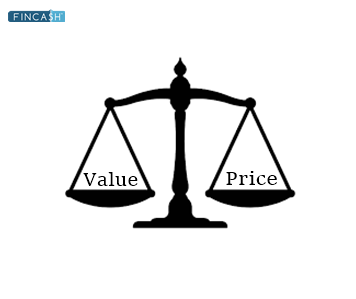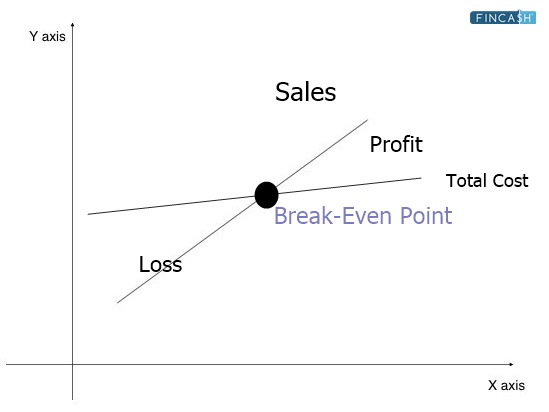
Table of Contents
What is a Close Price?
In a financial Market, the closing price is the price at which an asset trades at the end of a trading day. This is the most current value of an asset until the next trading session. When looking at long-term price changes, they are frequently used as a marker of an asset's price.

To determine an asset's change throughout a single day, they can be compared to past closing prices or the opening price. However, don't mix the closing price with the Last Trading Price (LTP), which is the stock's final price before the markets close.
The closing price is just the weighted average of all prices during the last 30 minutes of trading hours. The LTP, on the other hand, is the stock's last trading price before the market closes for the day.
How do you Calculate the Close Price?
The closing price is determined by dividing the total product by the total number of shares traded in the previous 30 minutes. Let's calculate the closing price for the given example:
| Trading Volume | Trading Price | Time | Product |
|---|---|---|---|
| 15 | Rs. 40 | 3:10pm | 600 |
| 10 | Rs. 45 | 3:14pm | 450 |
| 8 | Rs. 55 | 3:20pm | 440 |
| 4 | Rs. 42 | 3:23pm | 168 |
| 25 | Rs. 50 | 3:27pm | 1250 |
Closing Price = Total Product / Total Trading volume
Closing Price = (Rs. 600 + Rs.450 + Rs.440 + Rs.168 + Rs.1250) / (15 + 10 + 8 + 4 + 25)
Closing Price = Rs. 2908/62 = Rs.46.90
Talk to our investment specialist
Why is Closing Price Important?
Investors can use closing prices as a guide to determine how stock prices have changed over time. Even in the era of 24-hour trading, any stock or other security has a closing price, which is the last price at which it trades on any given day during regular market hours.
- A stock's closing price serves as a benchmark for determining how a stock performs
- The closing price is important because comparing a security's closing prices across several days or months can help investors comprehend how its value has changed over time
- When examining past returns on investment, closing prices are also useful. In contrast, closing stock prices are used by investors and other stakeholders to make investment decisions
Close Price in Stock Market
The prices of stocks fluctuate and often vary on stock exchanges. During the business hours of the exchange where the stock trades, the listed closing price is the last price someone paid for a share of that stock. This means that is the stock's most recent price until the next trading session.
Adjusted Close Price
The adjusted close price refers to the adjusted closing price of stock representing its valuation after any business events, such as mergers and acquisitions, dividends, and stock splits. When looking at historical returns or undertaking a thorough analysis of prior performance, it's common to use this approach.
Adjusted Close Price Formula
Here's how to calculate the adjusted closing price after a dividend or stock split happens.
If a company declares a dividend payment, the adjusted closing price is calculated by subtracting the dividend amount from the share price
Adjusted close price = Share price - Dividend amount
For instance, a company's closing price is Rs. 100 per share, and it pays out an Rs. 2 per share dividend, the adjusted close price will be calculated as:
Adjusted close price = Rs. 100 - Rs. 2 = Rs. 98
- A stock split decreases the price of a company's stock by dividing current shares into multiple shares. Companies frequently divide their shares to lower share prices for individual investors. When a stock split happens, the market capitalization, or the total worth of all the company's outstanding shares, remains unchanged.
For instance, a company's shares sell for Rs. 40 and then goes through a 2:1 stock split.
To calculate the adjusted closing value, you'd use the split ratio, which in this case is 2:1.
To get the adjusted closing value, divide Rs. 40 share prices by 2 and multiply by 1. You would own 2 Rs. 20 shares if you bought an Rs. 40 shares. Thus, the stock would close at Rs. 40, with an adjusted closing price of Rs. 20.
The Bottom Line
A typical investor considers stocks to be long-term investments, with a preference for premium equities that have shown to be high-quality and perform well over time. The daily closing price may not be as important to these investors as it is to a typical trader. However, the closing price of stocks is critical information for traders and analysts in order to make effective trading decisions and optimise Portfolio profits.
All efforts have been made to ensure the information provided here is accurate. However, no guarantees are made regarding correctness of data. Please verify with scheme information document before making any investment.












